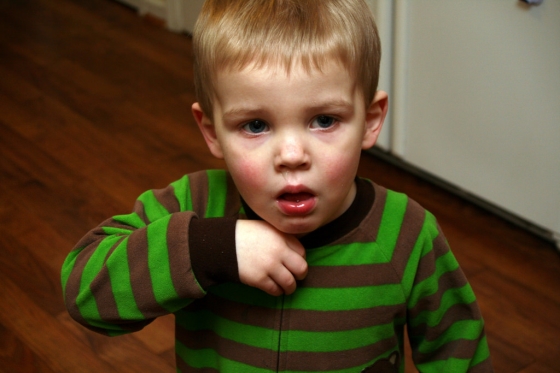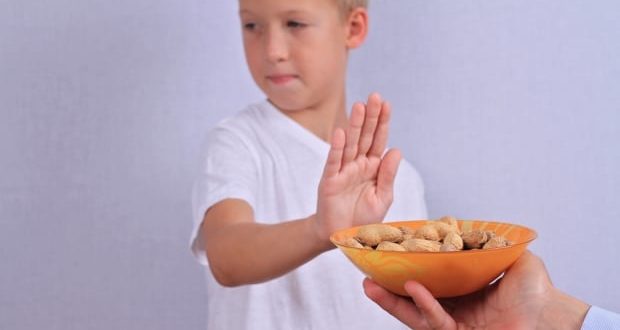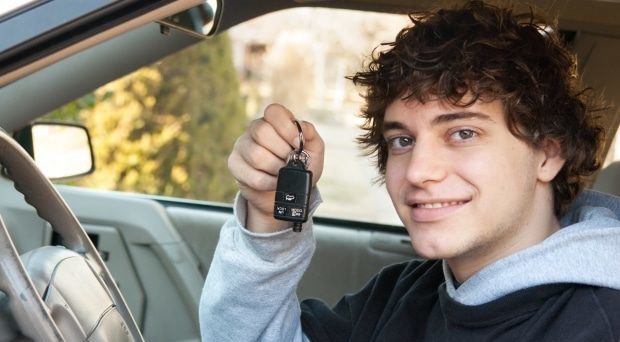Dealing with a mental disorder is never easy for anyone. For teenagers, the challenges are magnified.
OCD in teens may be accompanied by other problems such as bipolar disorder, depression, and anxiety that can make symptoms and treatment difficult. It’s common for a teenager to refuse treatment. For many sufferers, the fear of being stigmatized prevents them from seeking help.
Your teen needs all the support and reassurance you can give. Here’s how to help your teen deal with OCD.
Learn Everything you can about OCD
OCD is a mental health disorder and not a weakness. Your teen cannot overcome it by determination or discipline. Having a thorough understanding of the condition will make you more empathetic and understanding towards your teen.
Several resources are also available to educate and equip you with ways to help your teen. Be open and willing to listen without any judgments.
Understand the Anger
It’s common for teens to get angry when they’re stopped from carrying out an OCD ritual. This anger, driven by fear or anxiety, is often accompanied by physical confrontation or property destruction.
Don’t engage in a shouting fit with your teen. Instead, diffuse the tension by walking away till you and your teen have calmed down.
If you have exhausted all coping resources, consider a third-party intervention such as a therapist who can help your teen. The therapist will find new coping strategies to reduce the frequency of compulsions in your teen.

Keep an Open Mind When Discussing Your Child’s Symptoms
It’s hard enough dealing with a mental illness.
Understand this and go easy on your child. Give assurance of your support and avoid judgment, shaming, and criticism of any kind.
If your child is unwilling to disclose the symptoms to you in detail, then you should provide a safe, non-judgmental environment for them.
A therapist will, at all times, maintain confidentially and not share any details except with your child’s permission.
Find a Therapist for your Teen
Like with other mental disorders, seeing a therapist will do your teen a lot of good. Asides from providing a safe place for your child to share their symptoms, a therapist will also help you handle your teen’s compulsions and obsessions healthily.
While searching for a professional therapist, make sure you read past reviews and choose a trained therapist to handle your teen’s struggles. An experienced therapist will use exposure and response prevention therapy in OCD treatment. Learn more about this therapy here: https://www.betterhelp.com/advice/therapy/exposure-and-response-prevention-therapy-for-ocd/.
Fight the Stigma
One of the most challenging parts of mental disorders for many sufferers is the stigma. For teens, it may extend to bullying.
As a result, your teen may be reluctant to disclose their fears with you or anyone else. The stigma attached to mental disorders can be traumatic for both the child and the parent.
Protect your teen from negative attitudes and behavior. Talk openly about the condition to educate others while providing encouragement and support for your teen.
Family Therapy
The effects of OCD can affect other members of your family. Engaging in family therapy becomes essential. It will help control the impact of a mental disorder on the rest of the family as you support your teen.
Therapy will provide your family with helpful resources to support your teen without enabling dangerous behavior.
With the whole family involved and aware of ways to handle your teen’s compulsions, you’re sure no one will be sabotaging your child’s recovery.
Your responsibilities as a parent with a child suffering from a mental disorder doubles. With therapy and medication, kids with moderate to mild OCD recover faster. If other mental disorders accompany your teen’s OCD, they may require a higher level of treatment.







This is an excellent post. The point is well-made! It is doctors and parents who can assist in resolving the root of the problem.
Hi Prasanta,
Thank you for your kind words. Indeed, with adequate care and attention from parents and doctors, OCD in teens can be effectively managed.
Rae.